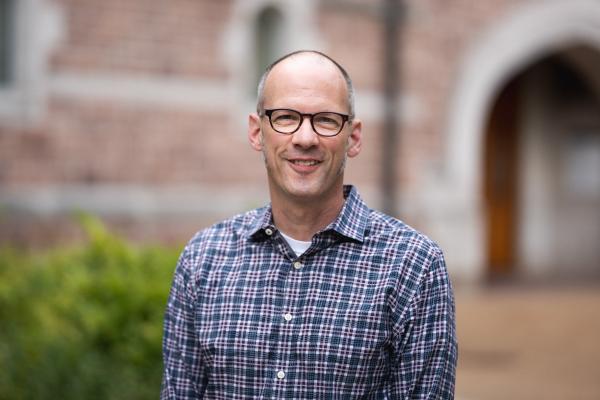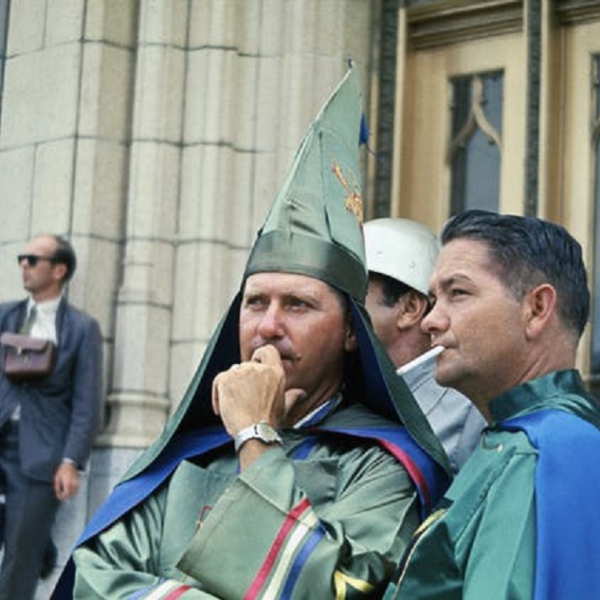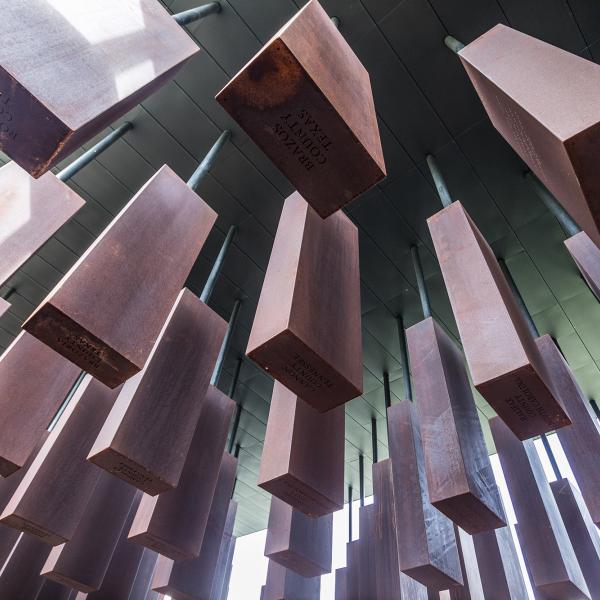Professor Cunningham’s research focuses on the causes and consequences of racial contention, with an emphasis on the scope and legacy of organized white supremacist action.
David Cunningham is Professor and Chair of Sociology at Washington University in St. Louis. His research, focused on racial contention and its legacies, has been supported by the National Science Foundation, the Spencer Foundation, and the Harry Frank Guggenheim Foundation. Professor Cunningham's past work centers on the Ku Klux Klan, in particular the complex roles that the KKK played in various communities throughout the 1960s and its enduring impacts on contemporary voting patterns and crime rates. His book Klansville, U.S.A.: The Rise and Fall of the Civil Rights-Era Ku Klux Klan has been featured on NPR's Fresh Air, CBS News, the Miller Center Forum, and in a PBS American Experience documentary film. Ongoing projects examine (1) the organization and enforcement of segregation under Jim Crow, (2) the enduring legacies of racist violence, (3) the policing of organized white supremacy, and (4) the recent wave of conflicts around Confederate monuments and other sites of contested memory. An





